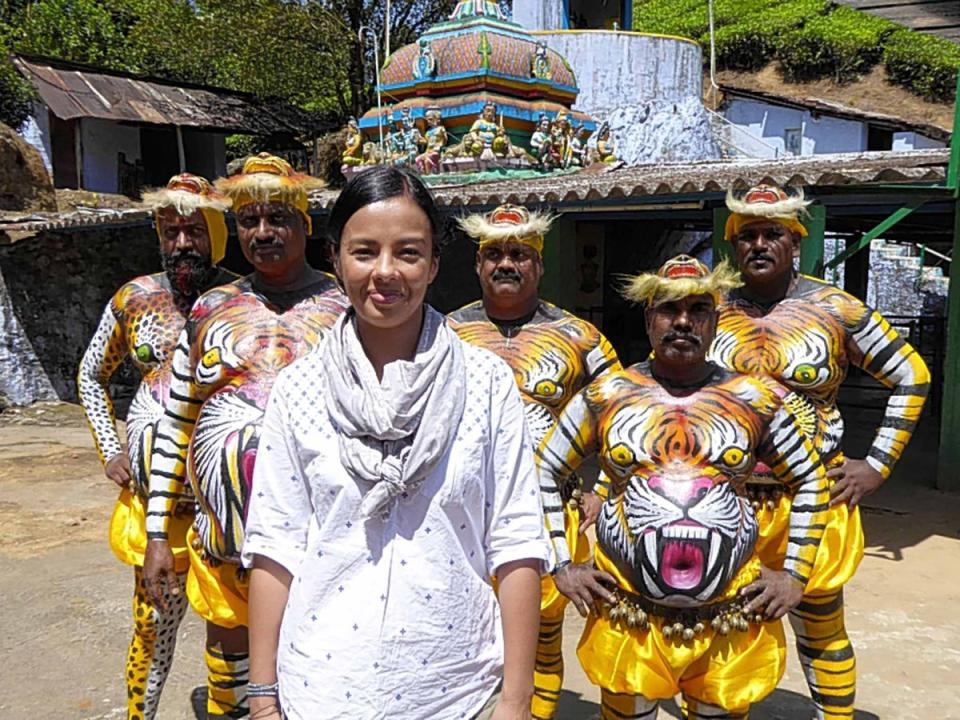BBC presenter’s likeness used in advert after company fooled by AI-generated voice
Liz Bonnin’s face has been used to advertise insect repellant after AI-generated voice messages scammed a firm into thinking she had granted them permission.
The BBC presenter’s management spotted Bonnin on online adverts for the product earlier this week, which they knew she had not signed up for.
AI experts uncovered the voice notes of Bonnin supposedly saying she was happy to appear in the campaign as a scam, which saw the duped company send £20,000 to fraudsters.
Speaking to the The Guardian, which broke the story, Bonnin said the fake messages were a “violation” and “not a pleasant thing” to discover.
“Thank goodness it was just an insect repellant spray and that I wasn’t supposedly advertising something really horrid!” she said.
Bonnin, who has an Irish accent, added: “At the very beginning it does sound like me but then I sound a bit Australian and then it’s definitely an English woman by the end.”
The company that produced the advert, Incognito, was sent numerous voice messages by someone its CEO thought was Bonnin via Facebook, The Guardian reports.

Incognito’s CEO, Howard Carter, claimed he did not get Bonnin’s agreement authorised by her management because the messages said “she was doing us a favour, provided we do it direct with her and not involve her main agency”.
“I hope that this elaborate scam story will be a warning to others not to fall for the same ruse,” he told The Independent. “All of us at Incognito apologise to Liz Bonnin and her associates for any distress we have inadvertently caused.”
The Independent has contacted Liz Bonnin’s representation for comment.
Last month, the BBC told a voice over actress her services would no longer be required for a “highly sensitive” documentary because they were using an AI generated voice instead.
Sara Poyzer, who starred in the West End production of Mamma Mia! described the experience of being ousted in favour of AI as “sobering” on social media.
Poyzer shared a screenshot of an email from the production company making the BBC show, which said: “Sorry for the delay – we have had the approval from the BBC to use the AI-generated voice so we won’t need Sara anymore.”
After Poyzer’s post on X/Twitter went viral and outrage ensued, the BBC released a statement claiming there was “important context” for critics to note.
The statement said: “We are making a highly sensitive documentary which features a contributor who is nearing the end of life and is now unable to speak.
“In these very particular circumstances and with the family’s wishes in mind we have agreed to use AI for a brief section to recreate a voice which can now no longer be heard. This will be clearly labelled within the film.”


